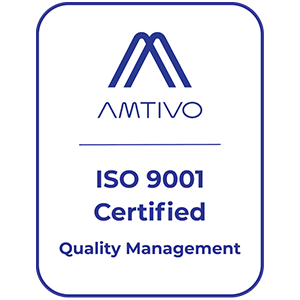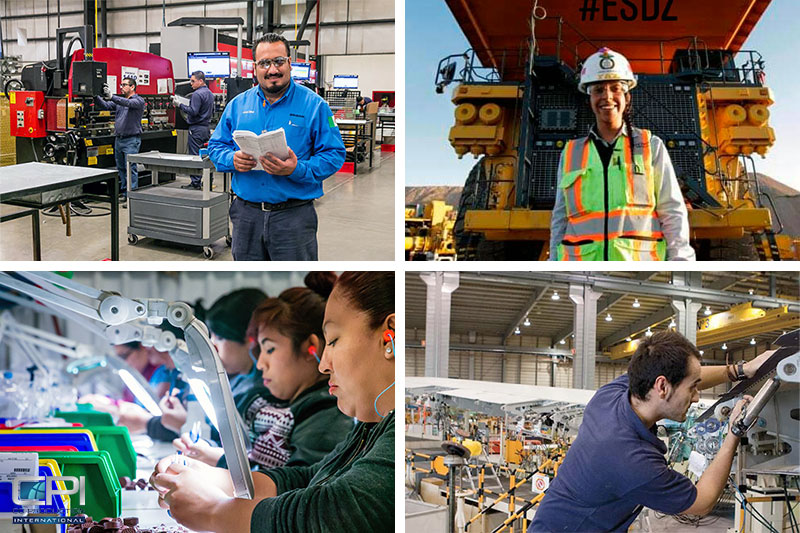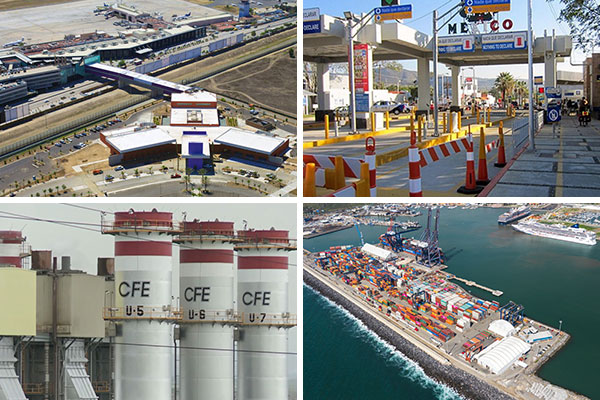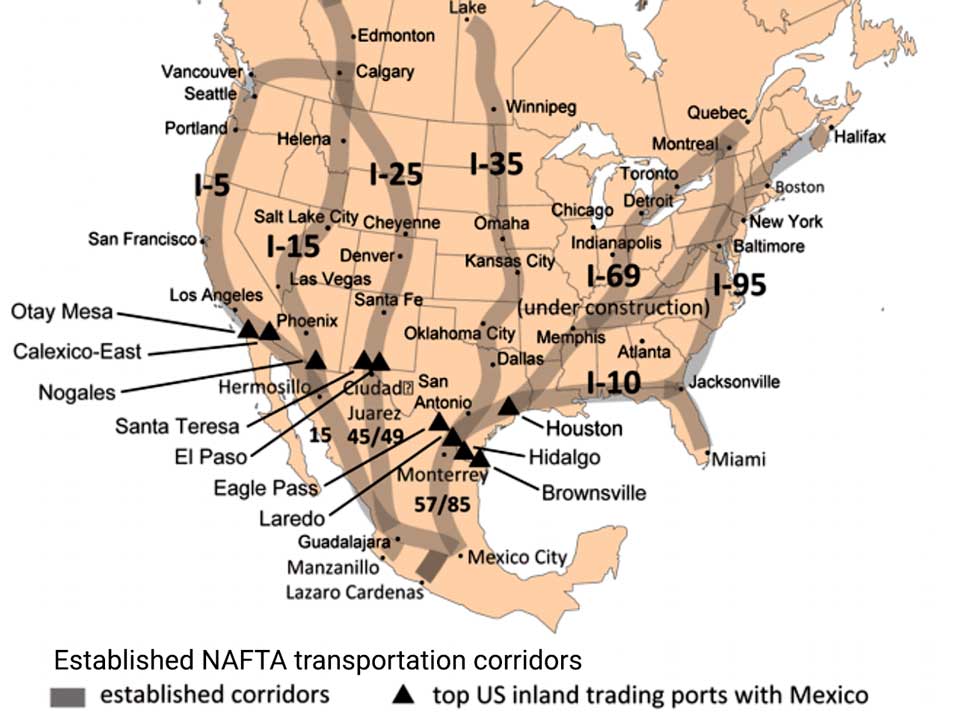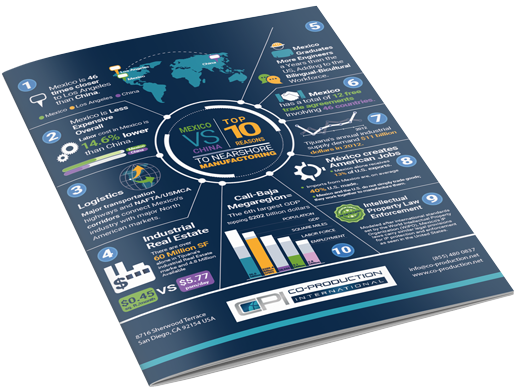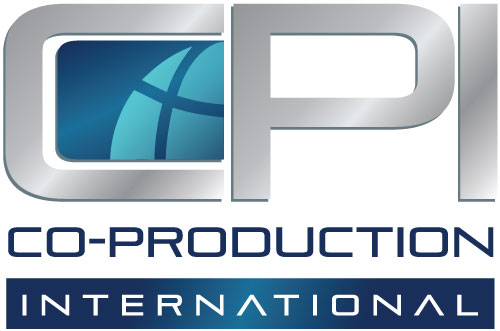Mexico has an abundant highly-skilled, low-cost labor force catering to the Aerospace & Defense, Electronics, Medical devices, Automotive & Parts, Cleantech, and contract manufacturing industries.With over 9.76 M (2023) strong manufacturing labor force in Mexico.
Something else to consider is the workweek in Mexico, the US has a 40-hour workweek and Mexico has a 48-hour workweek, this will increase your production output by 16%.
The wages in Mexico are dramatically less than in the United States and 14.6% less than in China, according to a KPMG study. Mexico, for the most part, has remained stable in its labor rate averaging anywhere from $4.82 per our.

